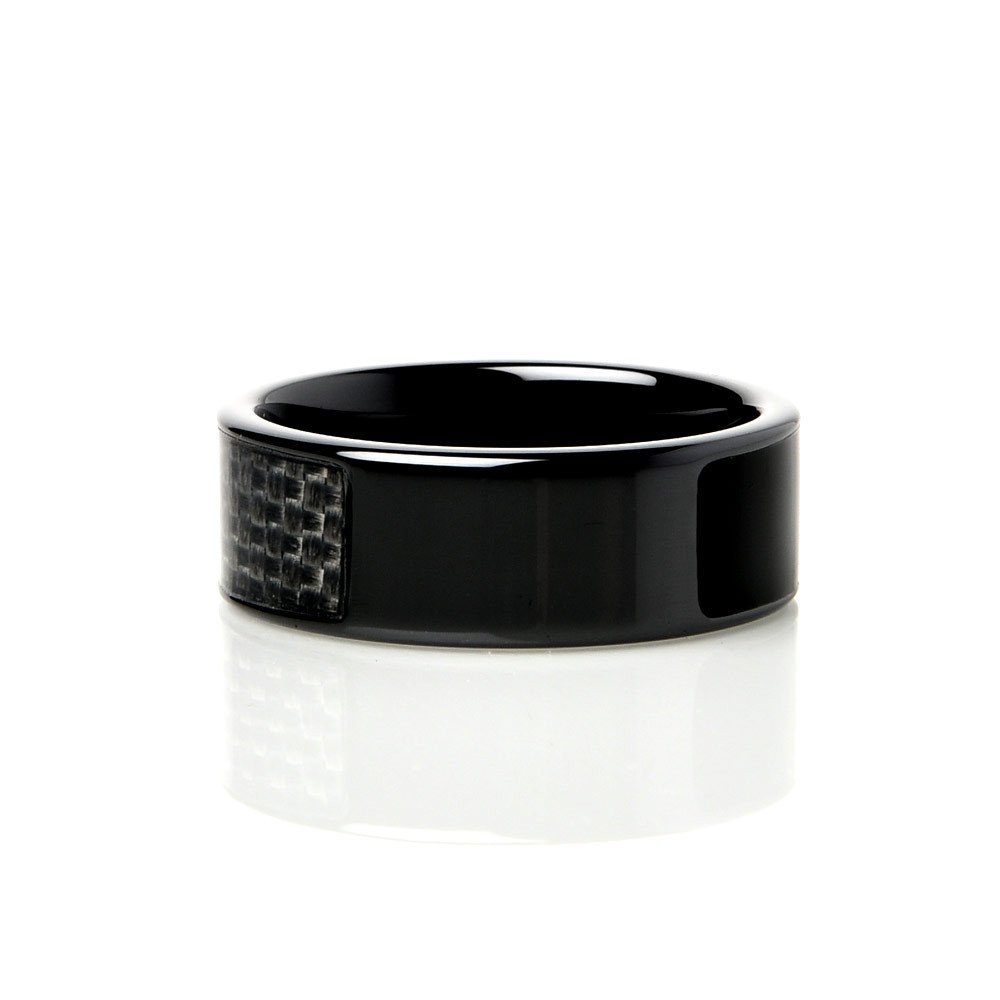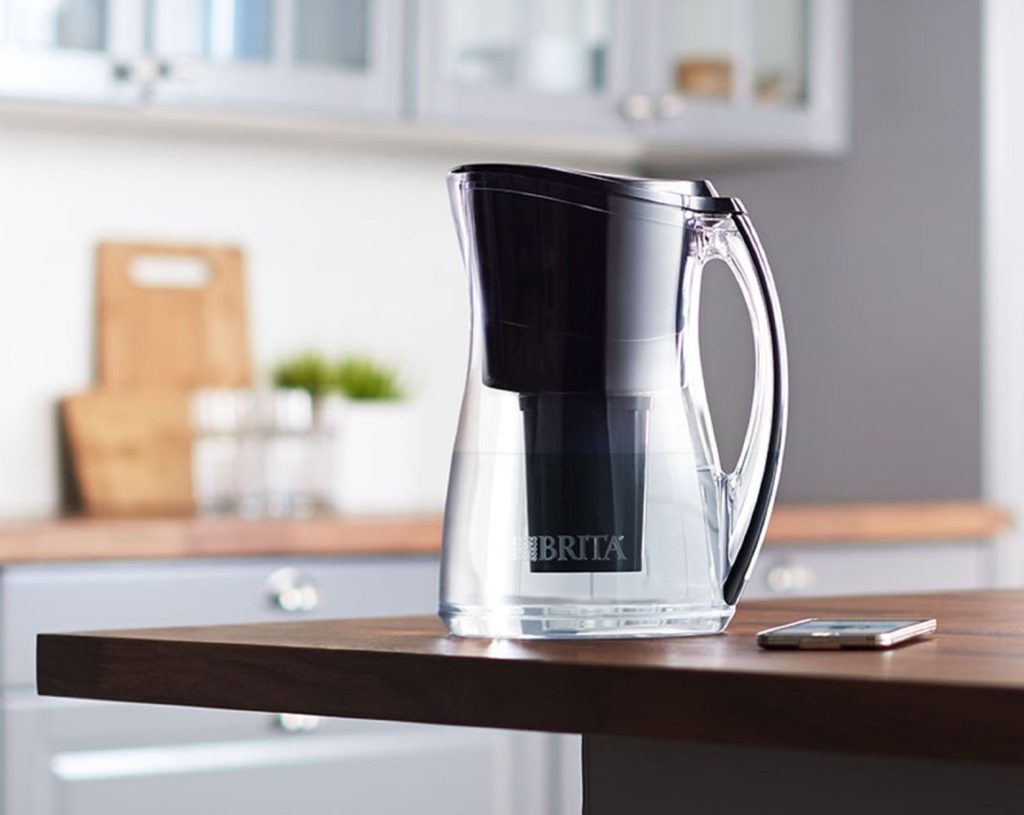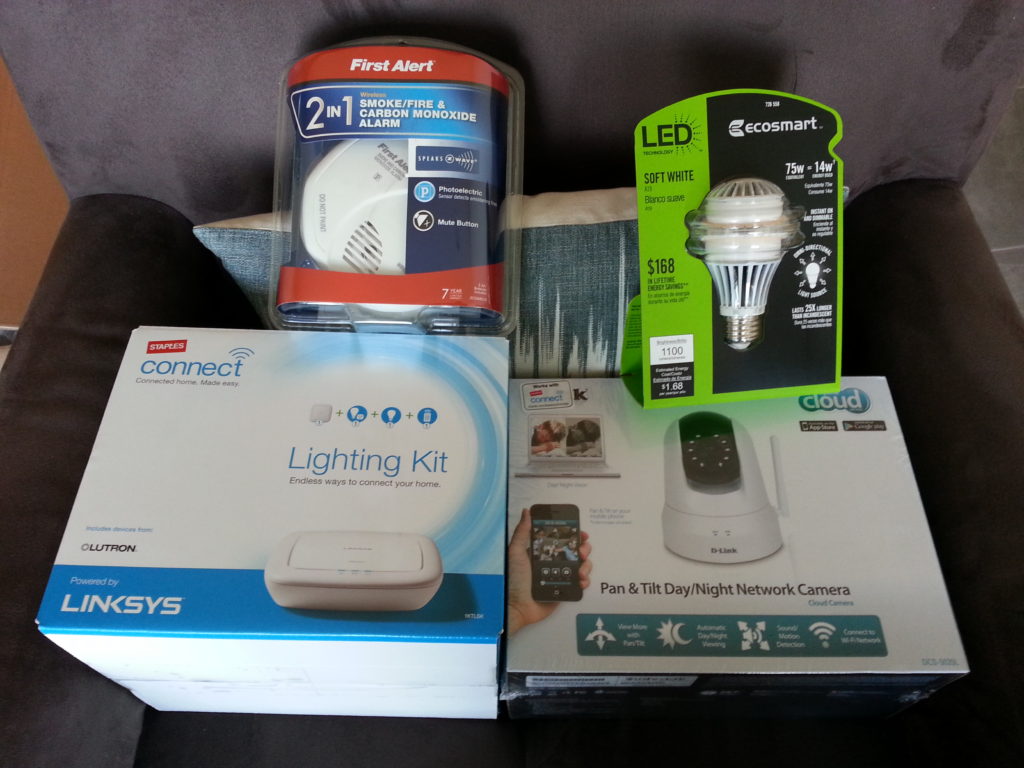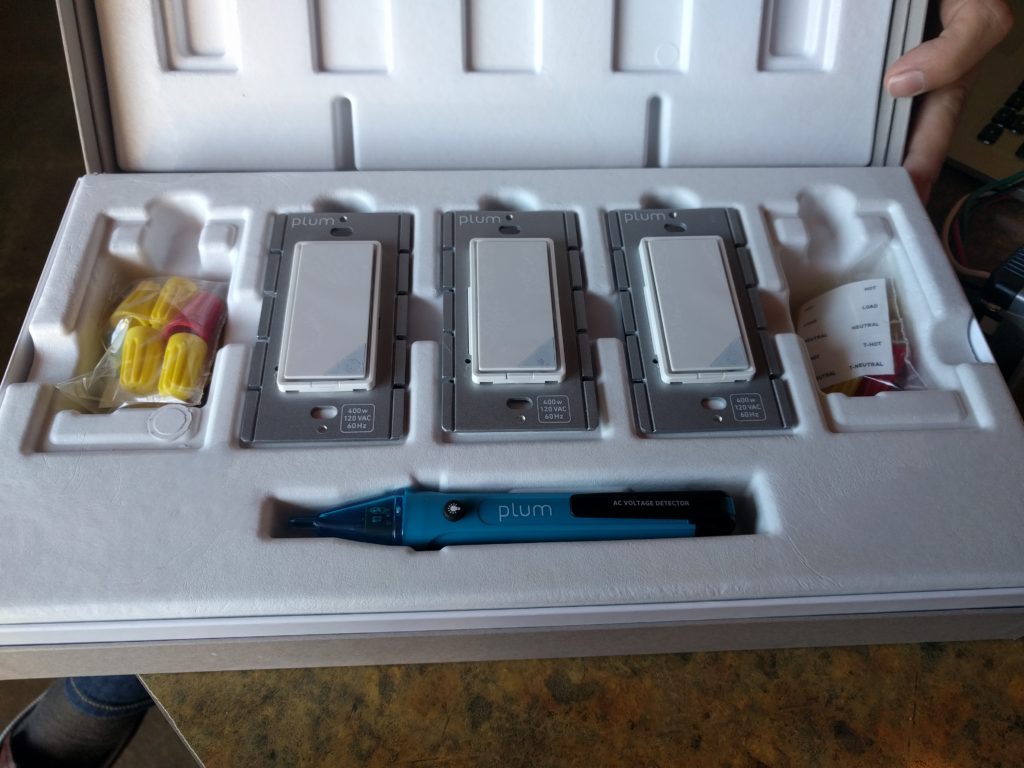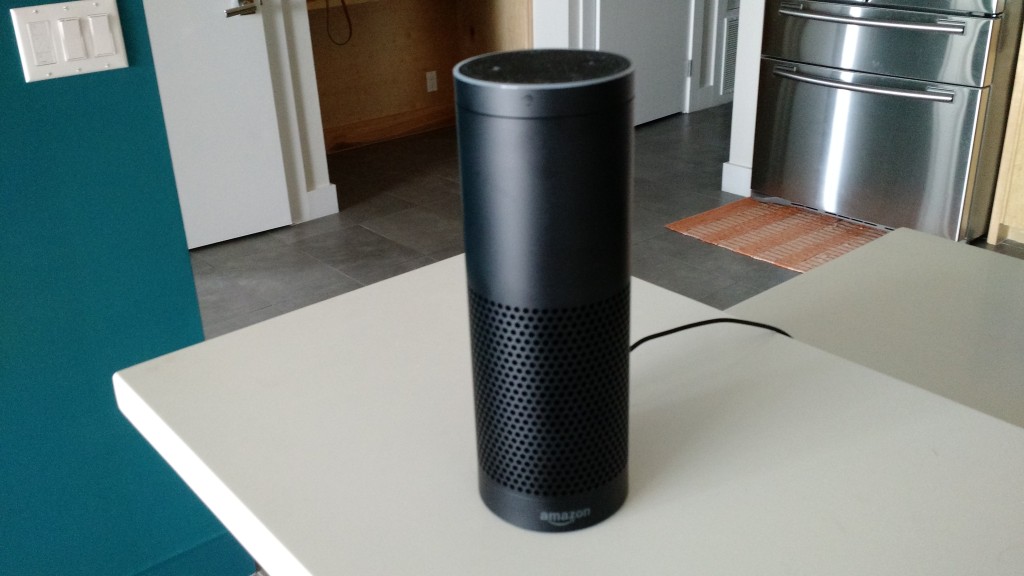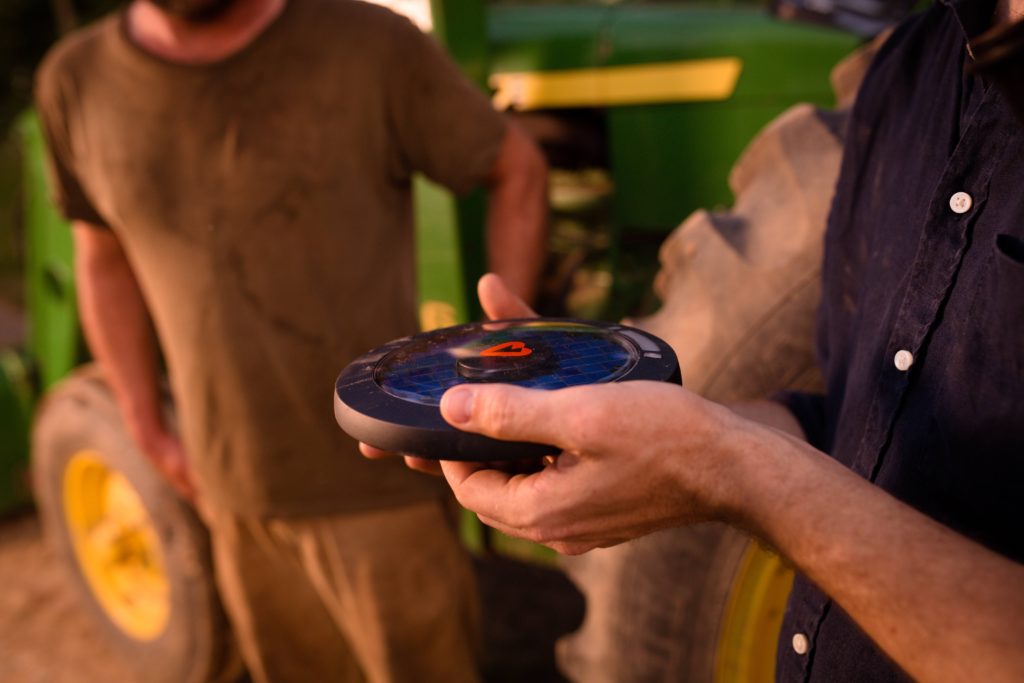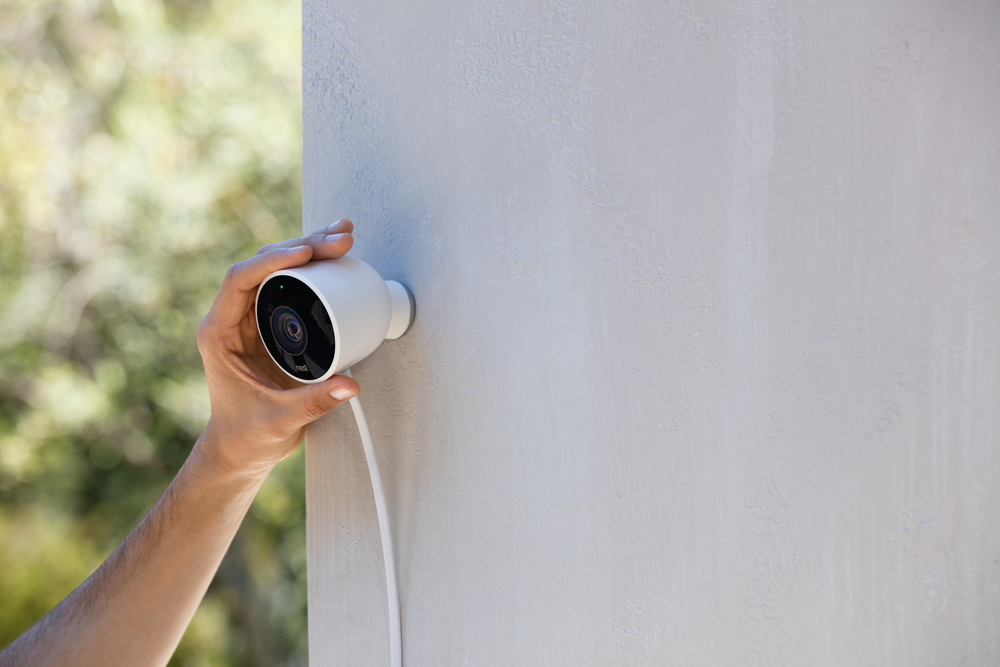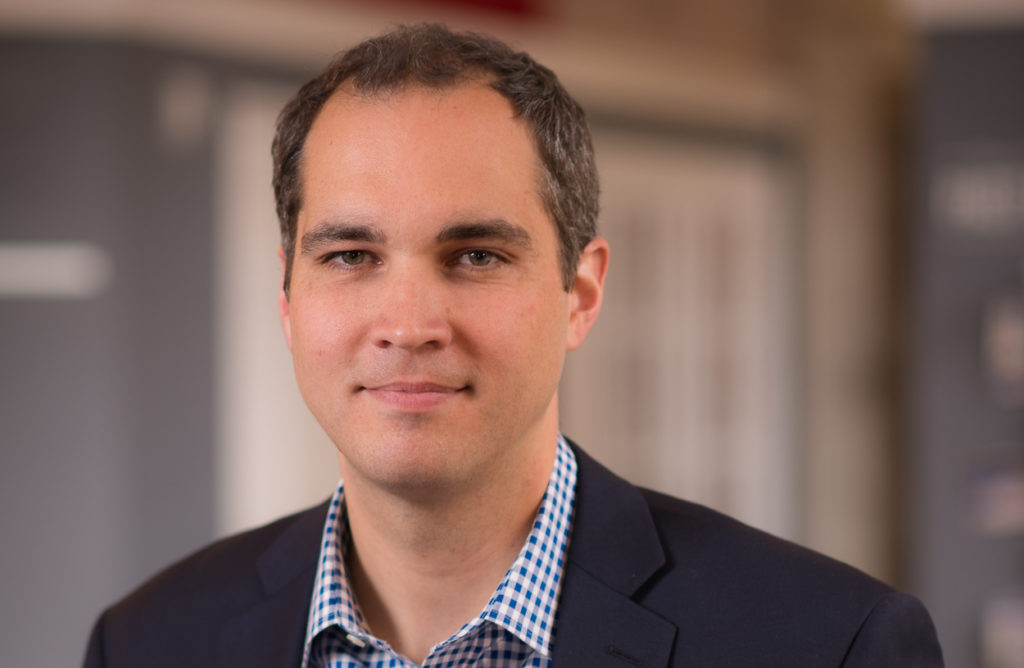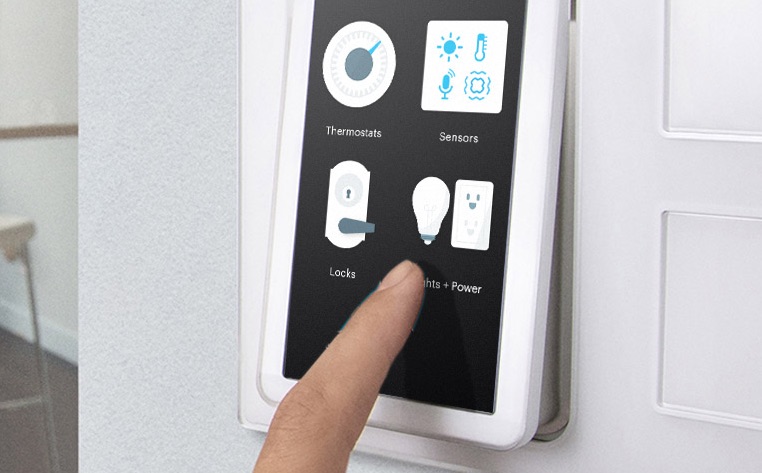As IFA starts in Berlin, there’s a bunch of product news to cover, including a partnership between Sonos and Amazon, that will let you control your Sonos from the Amazon Echo … in 2017. But before we get to that, Kevin Tofel and I explore what it means that Nest’s developers are reportedly moving over to Google, specifically part of the Google Home team. We also cover Z-wave becoming a more open standard, which could lead to more Z-wave compatibility in products like the Amazon Echo or smart TVs.
After Kevin and I hit the news, strap yourselves in for a primer on the pros and cons of different radios, protocols and even clouds for those designing a connected product. Chris Matthieu, VP of IoT Engineering at Citrix, and one of the creators of Citrix Octoblu, came on the show to offer his expertise. This is nerdy, but great for anyone who wants to understand some of the popular options out there for making a connected product, whether you are a developer, a product manager or just someone trying to keep up with the trends.
Hosts: Stacey Higginbotham and Kevin Tofel
Guest: Chris Matthieu of Citrix
Sponsor: Macadamian
- The distress at Nest
- Two great pieces of news
- How do you pick a radio for a connected project?
- A primer on protocols
- Which cloud works for you?
Podcast: Play in new window | Download | Embed
Subscribe: RSS


